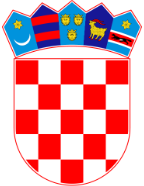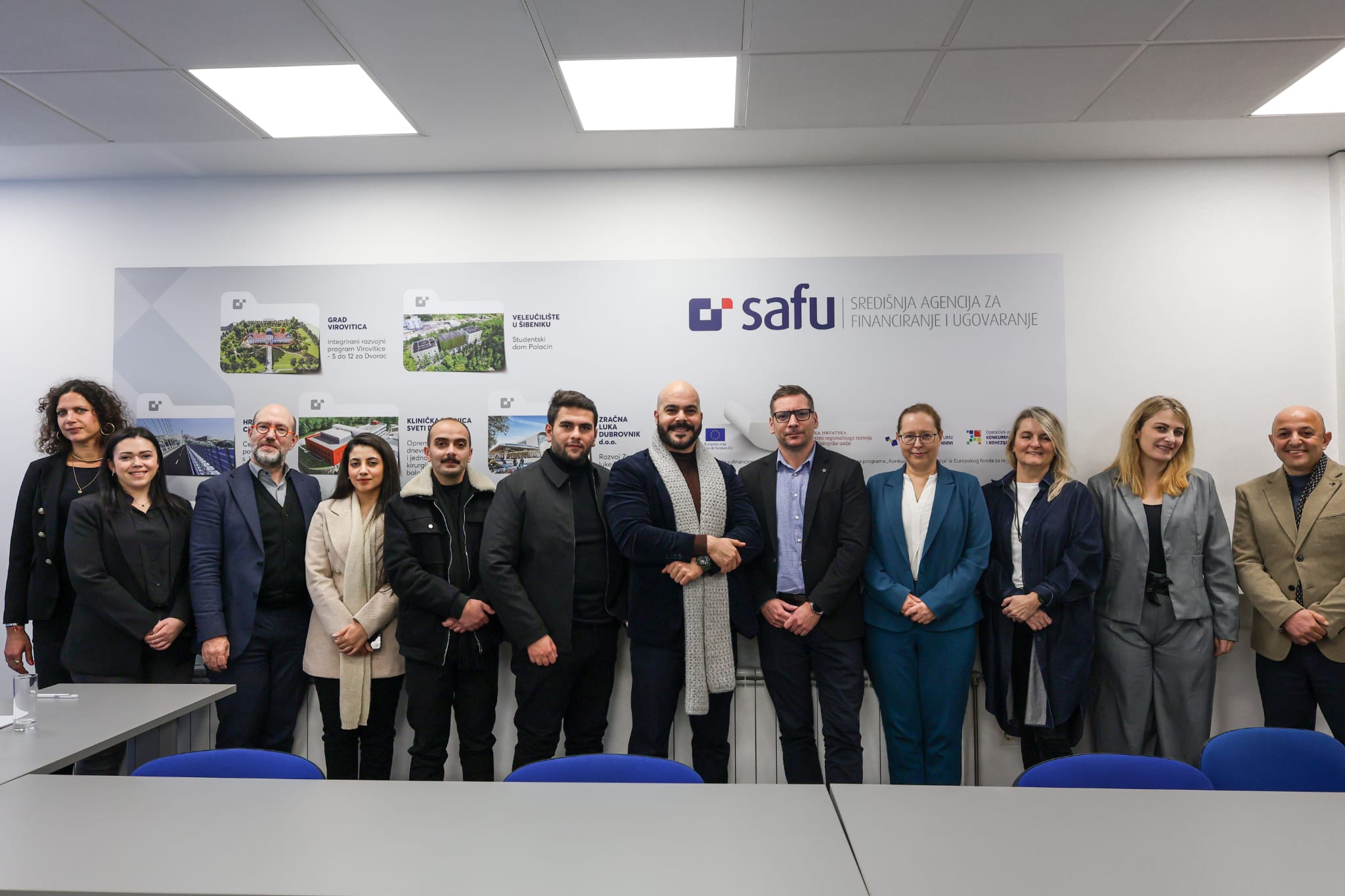In early September 2025, a study visit took place in Croatia as part of the EU-funded Twinning project “Supporting the Inspection Services for Transportation of Passengers and Goods”. The project is implemented by the Ministry of the Sea, Transport and Infrastructure of the Republic of Croatia as the junior Member State partner, together with the Central Finance and Contracting Agency (CFCA), which is responsible for the project’s administrative and financial management.
The visit gathered ten representatives of the Macedonian beneficiary institutions – the State Transport Inspectorate and the Ministry of Transport of the Republic of North Macedonia, with the support of RTA assistants. This activity marked the successful completion of Component 2, focused on creating new methodologies for planning, conducting, and supervising inspection activities.
Over the course of the program, participants visited leading Croatian institutions and key infrastructure sites. At the Ministry of the Sea, Transport and Infrastructure, they learned about national road safety strategies, while at the University of Zagreb’s Faculty of Transport and Traffic Sciences they gained insight into technical standards and traffic signalling. A visit to AKD showcased the process of issuing tachograph cards and the use of advanced vehicle monitoring systems. At the National Access Point and the Central Traffic Control and Management Center in Karlovac, participants experienced first-hand how integrated information systems enable real-time traffic monitoring and data analysis.
As part of the practical program, participants visited the Učka Tunnel, motorway checkpoints on the A6 and A1, and important infrastructure projects including the Omiš Bridge and the Pelješac Bridge. These visits provided valuable insights to maintenance procedures, safety standards, and monitoring techniques for major infrastructure facilities. A tour of the Dubrovnik Cable Car further highlighted the importance of regular maintenance and strict safety protocols in specialized modes of transport.
By combining expert lectures, field activities, and exchanges with Croatian colleagues, participants gained valuable knowledge and hands-on experience that will help modernize and strengthen inspection services in North Macedonia. The study visit also played an important role in aligning national legislation with European standards, while underlining the importance of regional cooperation and the exchange of expertise for advancing road safety and inspection practices.







